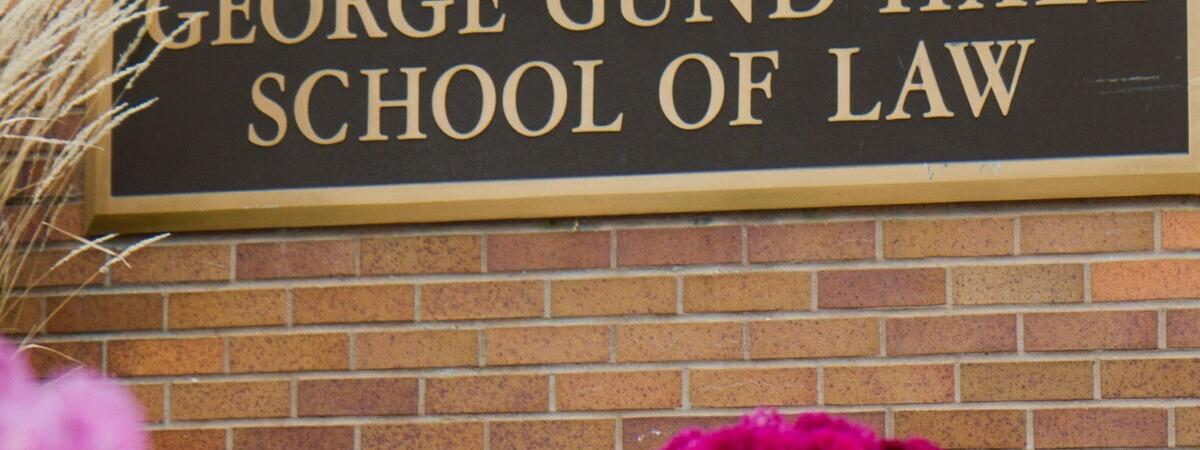Case Western Reserve University is launching a new program to capitalize on commercializing innovations arising from the burgeoning field of regenerative medicine.
The program, which begins in fall semester 2023, is a collaboration between the School of Medicine and School of Law.
The curriculum will be part of the School of Medicine’s master’s in Regenerative Medicine and Entrepreneurship (RGME). Instruction will incorporate the Fusion program at the School of Law’s Spangenberg Center for Law, Technology & the Arts, offering insight and interdisciplinary strategies in law, management and science. Using an integrated approach, the curriculum focuses on a range of skills to evaluate and develop a product’s commercial potential, generate an intellectual property strategy, and bring it to market.
Students in medicine’s RGME program partner and learn with colleagues and peers across the university pursuing law, business or management degrees.
The partnership will allow RGME to train individuals to work in academic, commercial and clinical settings to support cellular manufacturing, biotechnology innovation, legal and compliance and business-development activities across the disciplines of regenerative medicine.
The global market value of regenerative medicine, which focuses on using stem cells to enhance clinical medicine, is projected to grow from about $30 billion in 2022 to more than $153 billion by 2029, according to Fortune Business Insights.
“The law school’s Fusion and School of Medicine’s RGME partnership will push both law and RGME students beyond traditional curricula in these fields to better inform the future workforce required for the growing commercial and academic regenerative medicine environment, both in Cleveland and globally,” said RGME Director Tracey Bonfield, an Associate Professor at the School of Medicine.
“Through our partnership with the medical school, we will be able to provide students with interdisciplinary knowledge into one of the most dynamic and growing areas within medicine,” said Craig Nard, the Galen J. Roush Professor of Law and co-founder of the law school’s Fusion program, created 10 years ago to inspire technology commercialization. “Students will learn to assess, cultivate and develop strategies to monetize promising technological innovation.”
Fusion faculty will incorporate entrepreneurship and legal education, while RGME faculty will provide regenerative medicine innovations and directions to the intellectual product market in Cleveland and beyond, Nard said.
“Over the past two decades, regenerative medicine has been slowly evolving into an industry where Ohio has world-class research, clinical and industrial bench-strength,” said Joseph Jankowski, CWRU’s chief innovation officer and Fusion co-founder. “As new business models, manufacturing methods, regulation and reimbursement strategies continue to emerge, we seek to prepare CWRU graduate students to enter into industry ready to participate as adept leaders, strategists and professionals.”





